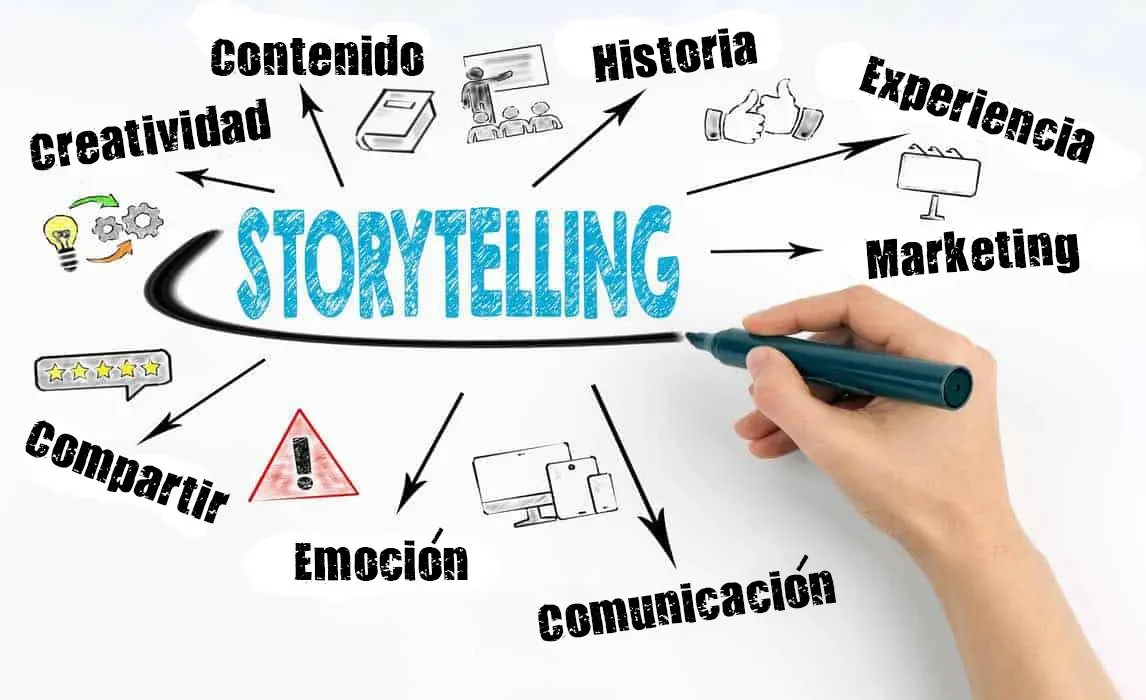
It is a marketing strategy that uses narratives or stories to capture the attention of the audience and convey the brand message in an effective way. This type of marketing revolves around communicating the core values and messages of the brand through stories that enhance emotional connections with consumers.
Characteristics of storytelling marketing:
- Emotional: It relies on evoking emotions to create greater engagement with the audience.
- Interactive: It encourages the audience to participate and interact with the story.
- Focus on characters: Stories often include characters that the audience can empathize with or identify with.
- Continuity: Stories can evolve and continue across multiple campaigns, which enhances long-term engagement.
Benefits and features of storytelling marketing:
- Increased engagement: Engaging stories grab the audience’s attention and increase their engagement with the brand.
- Enhanced loyalty: Influential stories can create a strong emotional connection with the brand, which enhances loyalty.
- Uniqueness: Storytelling gives the brand an opportunity to stand out and stand out in a crowded market.
- Memorability: Stories make it easier to remember marketing messages over the long term.
Disadvantages of Storytelling Marketing:
- Difficulty in measuring: It is difficult to directly measure the impact of stories on sales.
- Production costs: Producing high-quality stories requires an investment of time and money.
- Complexity: Developing an impactful and resonant story requires a great deal of creative effort.
- Risk of failure: If the story is not impactful or does not connect with the target audience, the campaign may fail to achieve its goals.
Types of Storytelling Marketing:
- Personal Storytelling: Where the brand tells a personal story or real-life experience.
- Community Storytelling: Addresses stories that reflect specific values and communities.
- Historical Storytelling: Uses stories that focus on the history or development of the brand.
- Fantasy Storytelling: Involves creating fictional stories or special worlds to attract the audience.
Examples of products that have been successfully marketed using storytelling:
- Nike: uses the stories of athletes’ success and determination to achieve goals to promote its brand and slogan “Just Do It”.
- Apple: relies on storytelling to innovate and boldly design its products, which enhances customer engagement with the brand and makes it a symbol of creativity.
Storytelling marketing is an effective tool for creating a strong emotional connection between a brand and its audience. By harnessing the power of stories, brands can increase engagement, foster loyalty, and stand out in a competitive market. However, this type of marketing requires significant creative and financial investments, with potential risks if not executed properly. Nike, Coca-Cola, and Apple are successful examples of companies that have used storytelling to strengthen their position in the market.

22/08/2024

30/08/2024

17/08/2024
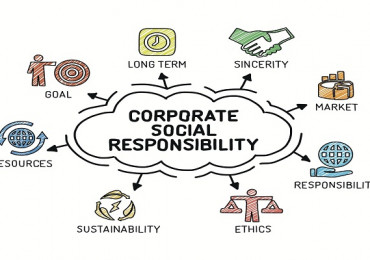
30/08/2024
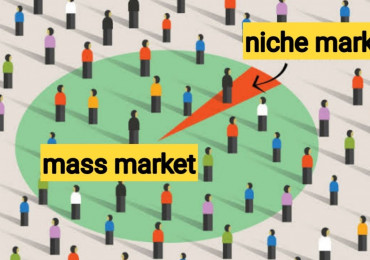
16/08/2024

12/06/2024

18/08/2024
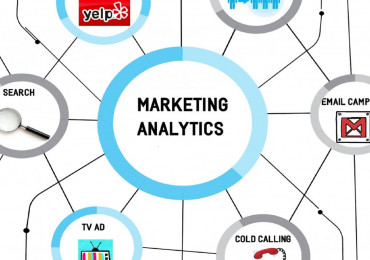
30/08/2024

26/08/2024

25/08/2024

18/08/2024

18/08/2024
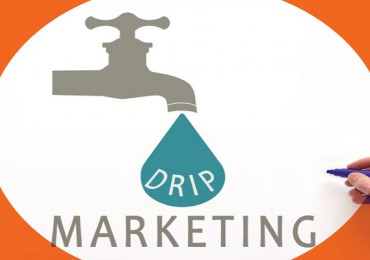
20/08/2024
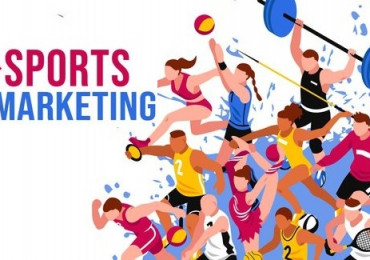
22/08/2024
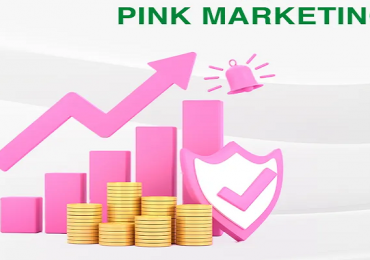
01/09/2024

20/08/2024

16/08/2024

20/08/2024

20/08/2024

14/08/2024